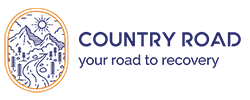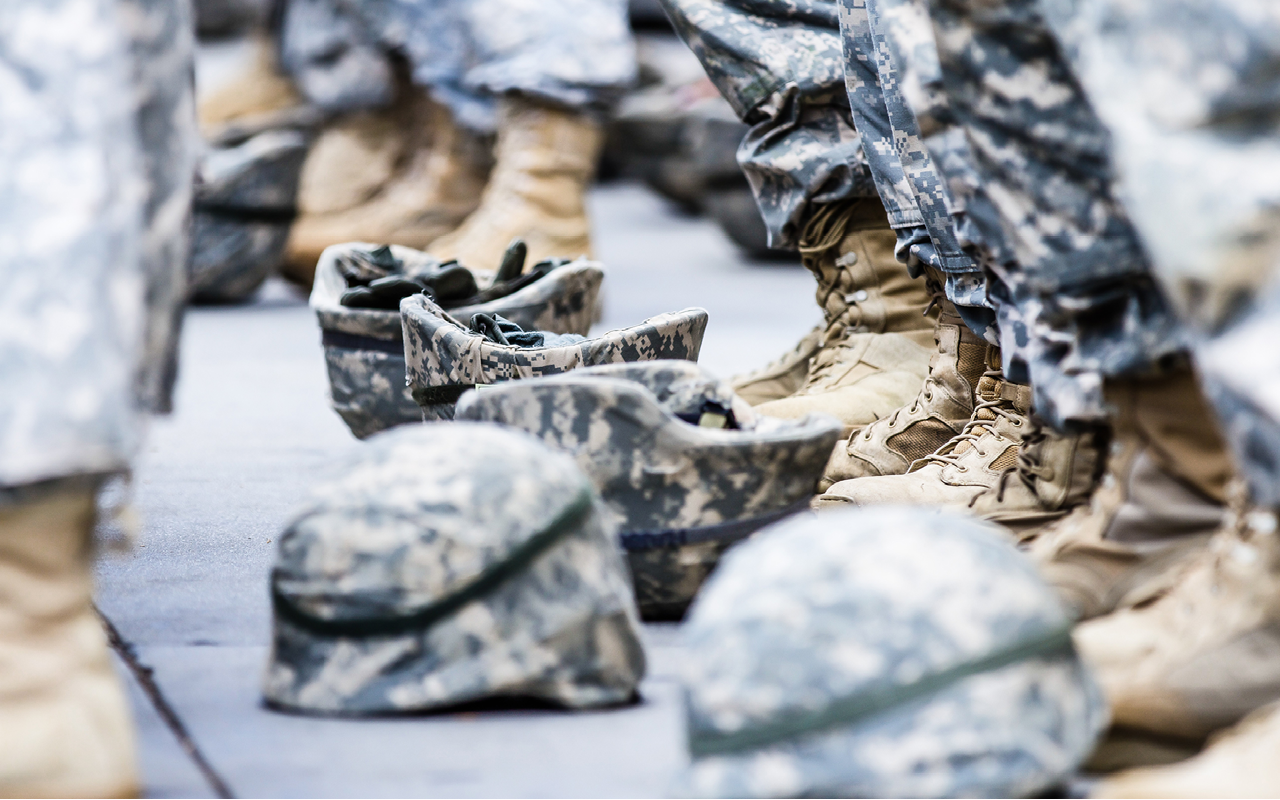The wounds of war linger deep beneath the surface for many vets, and far too many turn to drugs or alcohol in an attempt to numb the pain. According to the VA, as much as 30% of veterans have had PTSD in their lifetime, with the amount varying depending on the nature of their service. Among civilians, that number is in the single digits. Of those veterans who struggle with PTSD, 20% also will struggle with addiction . In fact, one study by the US government found that more than 90% of veterans who served in Iraq or Afghanistan and abused substances had at least one mental health disorder on top of that, including depression, anxiety, and more. But with so much pain bubbling beneath the surface, how can you recognize the signs of addiction in veterans — and how can you get help?
Physical Signs of Addiction in Veterans
The physical signs of addiction in veterans may be the easiest to recognize. However, they most often show up when an individual’s addiction has progressed beyond moderate levels. Drastic physical changes — when accompanied by substance use — can be the sign of a serious problem. Weight loss or weight gain, skin sores, yellow skin tone or watery eyes: All of these can indicate substance use. Physical maladies like vomiting, loss of appetite, runny nose, coughing, trouble breathing, or shakes are all serious signs of a problem as well. In short, if you don’t recognize yourself in the mirror, or seem to have lost the one you love, substances may be to blame.
Behavioral Signs of Addiction in Veterans
Does your loved one seem like Dr. Jekyll and Mr. Hyde? They’re “normal” one minute and vicious the next, swinging back and forth between personality poles before you can even blink. Major mood swings and personality changes can be a hallmark of substance abuse. The signs of addiction may vary depending on the particular substance at play. Alcohol and marijuana can cause depression and laziness, for example, while methamphetamine could keep your loved one up all night. If you notice new patterns of behavior, it’s worth asking your loved one about their substance use.
Other Addiction Symptoms in Veterans
Other signs of addiction in veterans might be harder to spot. Oftentimes financial troubles follow substance abuse, for example. If creditors are suddenly calling your home nonstop, or bills are piling up on the counter, your loved one’s money could be going to their habit. Drinking or drug paraphernalia can also indicate a problem. For example, normal household items like tinfoil, spoons, rubber bands, or rolled up dollar bills can all be the trappings of drug abuse.
Addiction Treatment for Veterans: Get Help
If you have spotted these signs of addiction in your loved one, you don’t have to walk the road to their recovery alone. Call our team to talk through what you’re experiencing and find out more about options for addiction treatment for veterans. Our team includes people who are veterans themselves and have made the journey to recovery themselves firsthand. It’s not always an easy road to travel, but it’s always worth it.


